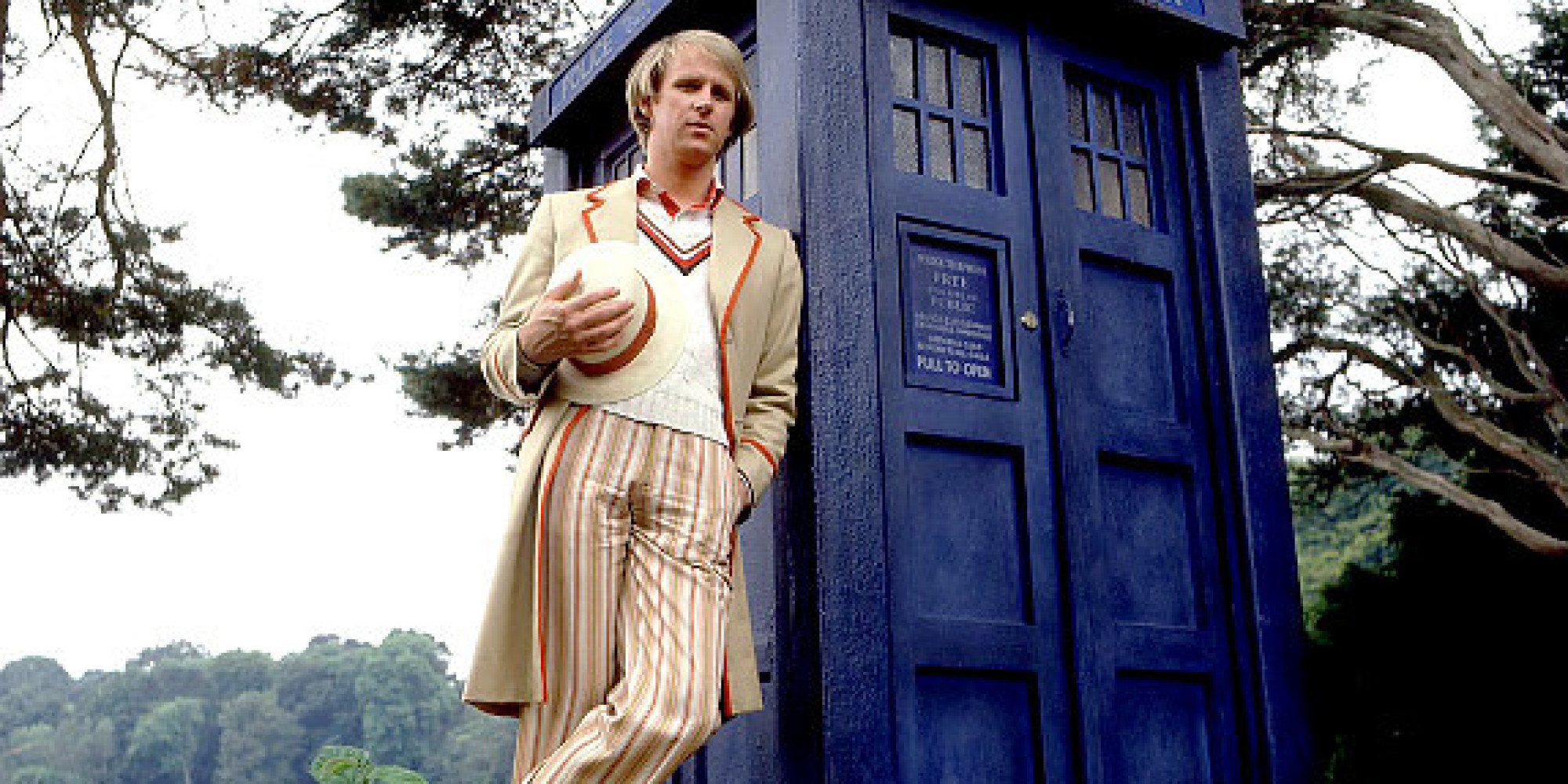Table of Contents
- Is the BBC's funding model to blame for the "Wokification" of Doctor ...
- Doctor Who (TV Series 2005– ) - IMDb
- 'Doctor Who' 50th Anniversary Celebrations - Peter Davison To Join Matt ...
- ‘Doctor Who’ debuts May 11 with multiple episodes - Orange Magazine
- Doctor Who: Ncuti Gatwa's Time-Lord goes back to the 60s in new photos
- Doctor Who - Doctor Who Photo (124233) - Fanpop
- Captain Jack Could Possibly Return for 'Doctor Who' Season 9 - Master ...
- Doctor Who: Bigger on the inside than the outside
- If The Care Bill Passes, What’s Going To Health Insurance Cost | S. Weasel
- Doctor Who (BBC America) from 2015 Fall TV Spoiler-rama | E! News

For over five decades, Doctor Who has been a beloved British science fiction television program, captivating audiences with its unique blend of adventure, humor, and heart. The show's rich history, fascinating characters, and thought-provoking themes have made it a cultural phenomenon, with a loyal fan base that spans the globe. In this article, we'll delve into the wonderful world of Doctor Who, exploring its origins, notable episodes, and the impact it has had on popular culture.


A Brief History of Doctor Who

First broadcast on November 23, 1963, Doctor Who was created by Sydney Newman, a Canadian-born British television producer. The show was originally conceived as an educational program, aiming to teach children about science, history, and the universe. The first episode, "An Unearthly Child," introduced audiences to the First Doctor, played by William Hartnell, a time-traveling alien who explores the universe in his trusty ship, the TARDIS. Over the years, the show has undergone numerous transformations, with new actors taking on the role of the Doctor, each bringing their unique interpretation to the character.


Notable Episodes and Storylines

With over 850 episodes to its name, Doctor Who has a vast and diverse range of storylines, each with its own unique charm and appeal. Some notable episodes include "The City of Death," which features the Fourth Doctor and his companion Romana, as they navigate a complex plot involving time travel and art theft. Another fan favorite is "Blink," which introduces the Tenth Doctor and his companion Martha Jones, as they encounter the mysterious and terrifying Weeping Angels. These episodes showcase the show's ability to balance humor, drama, and science fiction elements, making it appealing to a wide range of audiences.


Impact on Popular Culture

Doctor Who has had a significant impact on popular culture, inspiring countless fans around the world. The show's influence can be seen in various forms of media, from literature to music, and even in the world of fashion. The Sonic Screwdriver, the Doctor's trusty tool, has become an iconic symbol of the show, while the Daleks, the Doctor's arch-nemesis, have become a cultural reference point. The show's themes of time travel, friendship, and the power of the human spirit have also inspired countless fans to create their own art, fiction, and music, cementing Doctor Who's place as a cultural phenomenon.
In conclusion, Doctor Who is a show that has captured the hearts of audiences around the world, with its unique blend of science fiction, adventure, and humor. From its humble beginnings to its current status as a global phenomenon, the show has undergone numerous transformations, each introducing new characters, storylines, and themes. Whether you're a long-time fan or just discovering the wonders of Doctor Who, there's no denying the show's impact on popular culture and its ability to inspire and captivate audiences of all ages. So, if you haven't already, join the time-traveling adventures of the Doctor and his companions, and discover the magic of Doctor Who for yourself.
For more information about Doctor Who, visit the Doctor Who Wikipedia page, which provides a comprehensive overview of the show's history, characters, and episodes.
